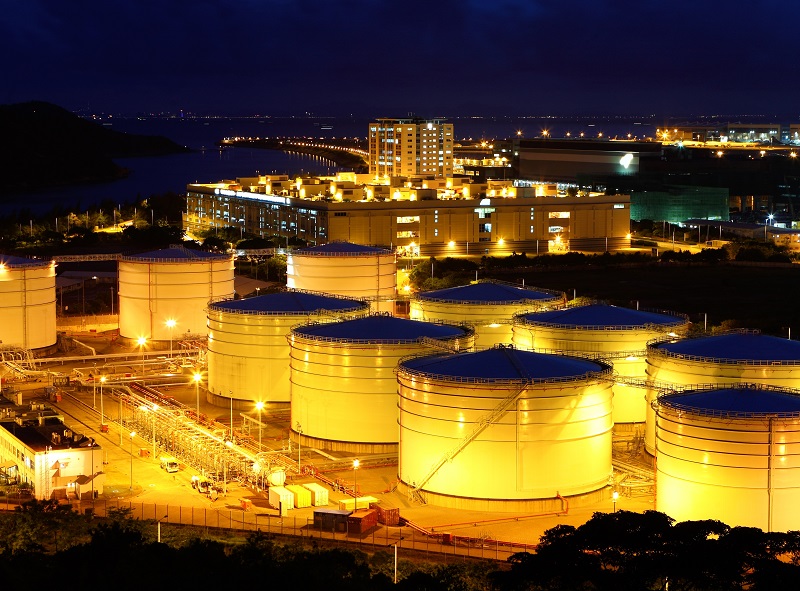GRIL - Industrial risk management project in Lebanon
Objective
-
€0.435mBUDGET
-
01/11/2020PROJECT START
-
14 monthsDURATION
Lebanon is facing multiple crises simultaneously. The refugee crisis as well as the banking, economic, political and health crises are piling up on each other. The disastrous explosion in the port of Beirut on 4 August 2020 occurred in an already difficult context for the Lebanese State. It shows the very strong need for improvement in the management of industrial risks in Lebanon.
At the beginning of September 2020, the Chairman of the CBRN National Commission and the Lebanese Ministry of Industry requested assistance from the civil protection officer in Lebanon in this matter.
Strengthening the management of industrial chemical risks in Lebanon
In line with French and European’s priorities in the development sector, the French Ministry for Europe and Foreign Affairs wished to initiate a rapid cooperation project with a result objective by 4 August 2021.
The industrial risk management project in Lebanon (GRIL) aims to contribute to structuring the Lebanese public action by accompanying it in the management of industrial risks with, in particular, the progressive establishment of a regulatory framework similar to the corpus existing within the European Union: the European SEVESO Directive. This system makes it possible to classify industrial establishments according to their risks and to identify appropriate prevention and intervention measures.
GRIL’s objectives and activities
The GRIL project is structured around five main objectives:
1) Strengthening the analysis of chemical risks in Lebanon: Assistance will be provided to the Lebanese services to assist them in developing a mapping of chemical sites.
2) Improving the training of industrialists and state officials: Training for a group of Lebanese officials on the main areas of chemical risk analysis in industry will be conducted.
3) Providing recommendations to improve the regulatory framework for industrial risks: The regulations in force in France and in the UE will be presented during joint working sessions between French and Lebanese experts.
4) Strengthening the capacity of training and intervention equipment for first responders through a CBRN training and a technical platform.
5) Issuing recommendations for the management of dual-use chemicals: French experts will present the organisation of the French management of dual-use chemicals.
Focus on component 4: Capacity building of training and response equipment for first responders
The "Capacity Building of Training and Response Equipment for First Responders" component aims to strengthen the response capacity and coordination of Lebanese services through a CBRN training and a technical platform. This platform will be installed in a simulation village developed in the Internal Security Forces Academy in Aramoun and includes a large number of logistical and educational facilities.
The objective of the work is to fit out a simulation village so that it can be used as a CBRN technical platform and allows CBRN learnings to be carried out in an environment close to operational reality.


